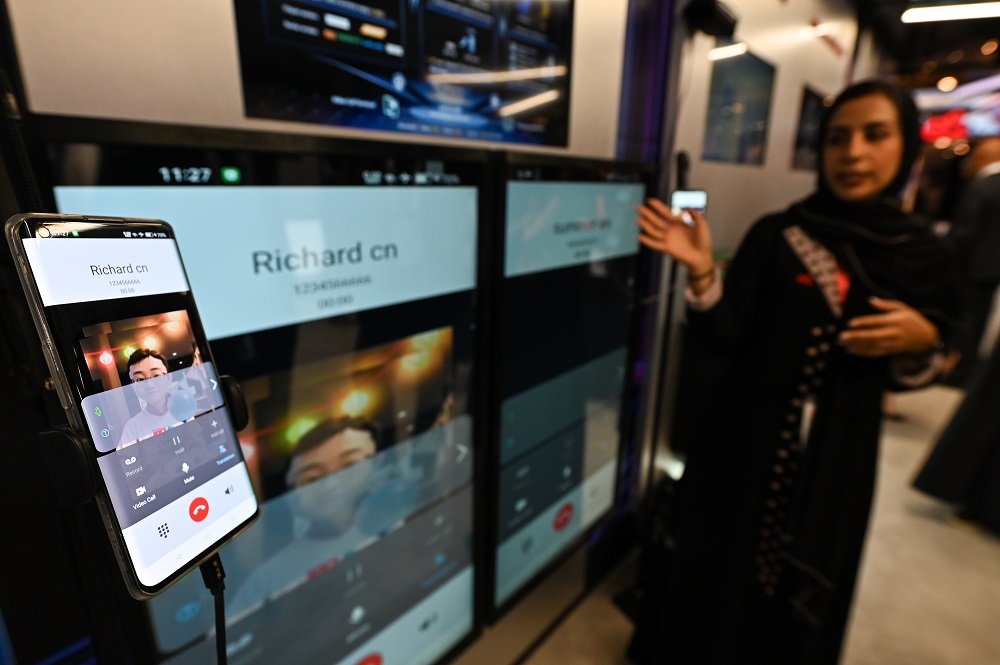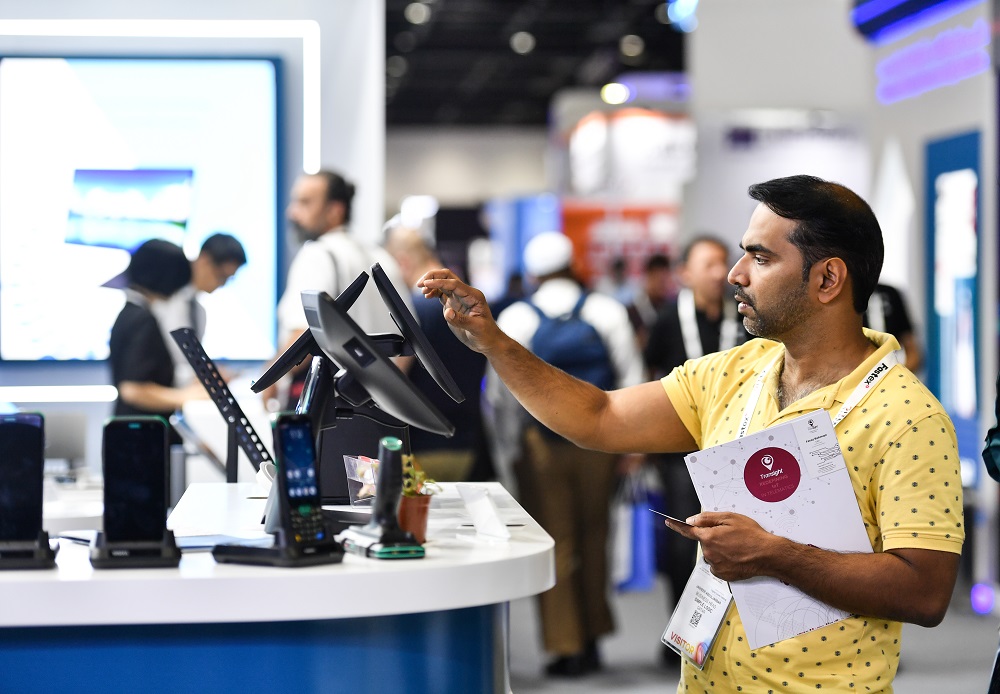Cybersecurity in 2024, set to be the ‘The Year of Deception'

2024 will be the busiest year yet for cybercriminals.
With half of the planet voting in major elections, geopolitical tensions reaching breaking point, and the Olympics taking place in Paris, the potential cyber threats in 2024 are enormous.
And these threats can harm your business – via your most important but perhaps most vulnerable resource; your employees. There are countless examples of AI-enhanced misinformation campaigns, fake news, phishing emails and more, infiltrating businesses via personal emails, social accounts or devices.
Inspired by IBM's cybersecurity predictions for 2024 report, we look at the various ways cyber threats can infiltrate your business and cause huge financial loss, so you can be better prepared.

1. Deep Fakes & Audio Fakes Impacting National Cybersecurity
Deep fakes & audio fakes have improved significantly since the explosion of AI. In 2024, the technology is only set to get more convincing as the dataset parsed by AI systems expands daily.
Just last week, AI was used to call prospective voters with a fake audio message from U.S. President Joe Biden, telling them to skip the New Hampshire primary election. If the US government isn’t safe, are any of us?
Video editing software is also becoming so easy to use, anyone can create deep fakes of prominent figures. Last week, YouTube took down over 1,000 deepfake videos with nearly 200 million combined views, that made it appear as if celebrities like Taylor Swift, Steve Harvey, and Joe Rogan were promoting Medicare scams. US lawmakers are now moving fast to combat these potential threats, and potential threats posed by AI in light of this election year.

2. Phishing Emails; Now Powered by AI!
Over 75% of targeted cyberattacks start with an email - Phishing stands as a primary driver of data breaches, followed by the exploitation of stolen credentials and ransomware attacks.
Powered by AI, phishing emails now sound much more professional and convincing. They can even be made to replicate the tone and style of a specific individual, making them much harder to identify as scams, resulting in more breaches and greater difficulties for cybersecurity teams.

3. Weakening Cyber Hygiene Thanks to... Sticky Notes?
In what seems to be an incredible statistic, nearly 60% of organisations gamble with cybersecurity by entrusting password management to human memory.
Similarly, 42% resort to archaic methods like sticky notes to safeguard sensitive credentials. Even more concerning, just over half (54%) of IT professionals neglect the essential layer of security provided by two-factor authentication for company accounts, while a mere 37% of individuals bother to fortify their personal accounts with this crucial defence mechanism.
If the past year is any indicator, severe shortfalls in cybersecurity must be addressed by organisations if cybercrime in this area is to be hindered in any meaningful way.

4. Zero Trust finally Makes it to C-Level
In 2024, Zero Trust finally takes its place in boardrooms across the world under the presumption of “never trust, always verify.” This shift declares no user or device, whether within or beyond the network, deserves trust; and every access request faces rigorous scrutiny. But why has it taken this long to be taken seriously?
This year, 60% more enterprises will bid farewell to conventional VPNs than in 2023, pivoting towards Zero Trust network access and echoing the resounding mantra of skepticism. Fueling this revolution is a collective realisation that perimeter-based defences crumble in the face of relentless cyber adversaries.
Stay Ahead of the Cyber Crimewave at GITEX Cyber Valley, 14-18 October 2024 at Dubai World Trade Centre - The year’s most anticipated assembly of cybersecurity professionals.
Can you afford to miss it?
Source: Gitex Global